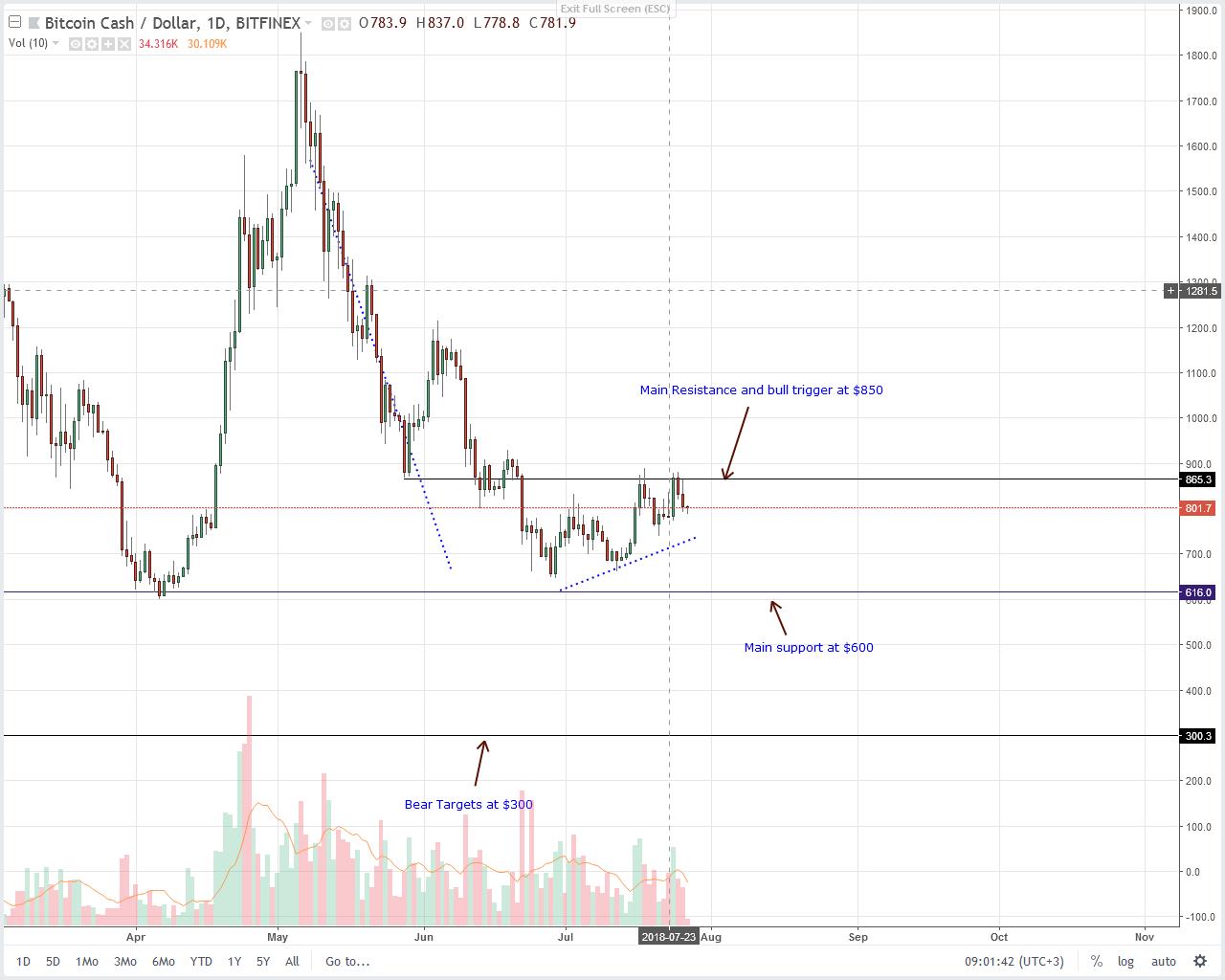2018-11-22 16:53 |
In the first case of this kind in Singapore, the crypto exchange Quoine is being sued by the major liquidity provider B2C2. The court case began today, November 21, and it was reported by The Straits Times, a Singapore-based English-language daily newspaper.
The legal battle began because of an alleged reversal of crypto transactions back in 2017. B2C3 affirms that Quoine has reversed seven Bitcoin (BTC) to Ethereum (ETH) trades that were made in April 2017. Quoine affirms that the reversal was a technical glitch and it and the liquidity provider that the “decision” was taken without its consent. The trades involved 3,085 BTC (around $13.7 million USD even in the bear market now).
B2C2 seems to be angry because the company might lose a lot of money because of these traders and the company is not eager to bear the financial loss alone. They accused Quoine of choosing the most advantageous way for them to mitigate their own risks, they reversed “irreversible” trades and deducted the proceeds from the account, but this made B2C2 lose money.
Quoine states that as a result of liquidity problems, B2C2 was able to set up trades of 10 BTC for 1 ETH and that the exchange would have been a loss if B2C2 had its own way. Therefore, the company is complaining that these orders were abnormal and unfair because the price was absurd by market standards and the prices were 250 higher than usual. This made the company, to defends its own assets and clients, halt the sales and B2C2 is unhappy about it.
The trial is supposed to end in about a week, according to The Straits Times. While such a battle is unseen in the country, some small court battles involving cryptos were made, but none of them as big as this one, so it will be very relevant for the market.
Other courts of the world are starting to address blockchain and crypto issues, too. In September, China determined that blockchain-based evidence was suitable for legal proceedings while also September, a New York federal judge ruled that U. S. securities laws were applicable in crypto cases.
origin »Bitcoin price in Telegram @btc_price_every_hour
Emerald Crypto (EMD) на Currencies.ru
|
|

































